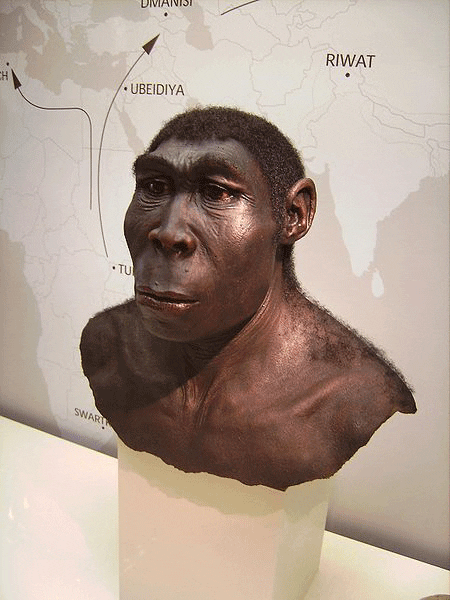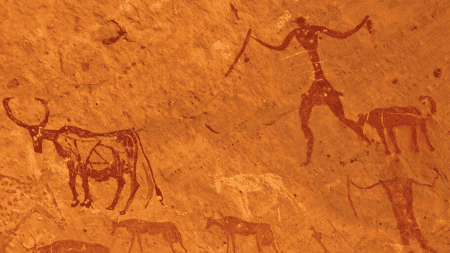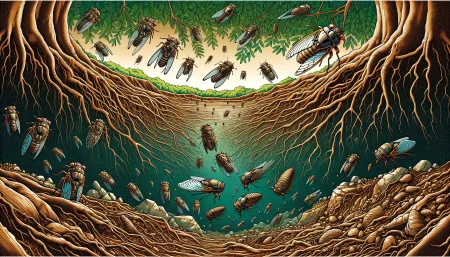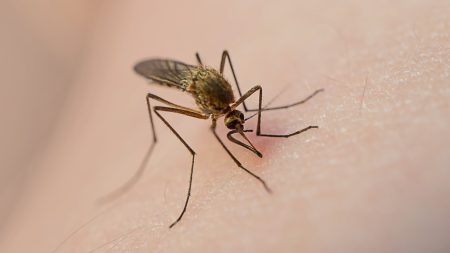If you’re into ancient anthropology, you’ve probably seen a headline or two (or twelve) touting a new discovery about our long extinct human relative, Homo erectus. According to a recent study, some outlets claimed, laziness may have contributed to the extinction of our predecessors.
But the study, published in the journal PLOS One, reads quite differently than those sensationalized summaries. In fact, it says pretty much the opposite, concluding the hominins “weren’t eking out their existence on the margins, but were an ecologically dominant species.” The study authors declined requests for comments, but others in the field were eager to weigh in.
“The inference that laziness typifies Homo erectus and that such a failing might have hastened their extinction is moronic,” says Neil Roach, a biological anthropologist at Harvard University. “This is a solid study with interesting results that do contribute significantly to our field, and unfortunately, the press release does exactly the opposite.”
Roach makes his point emphatically, and with good reason—there’s a lot of evidence pointing to H. erectus as anything but lazy. The species survived for more than 1.5 million years. That’s pretty impressive compared to our measly 300,000 or so years on Earth. They may have been one of the first species to migrate out of Africa, says Roach, and are thought to be the first to hunt for food. There’s also evidence that H. erectus was one of the earliest hominins to use fire.
So if the general consensus among experts in the field is that H. erectus was an industrious sort, why are so many headlines claiming the species lazed itself into oblivion? It’s likely to do with one sentence in the paper, which describes the early hominins as a “technologically conservative” species that used “least-effort strategies” to survive. But accomplishing tasks like hunting and foraging using the least amount of energy doesn’t quite equate to going hungry because you don’t feel like peeling yourself off the couch.
“The calories they got from hunting and gathering were not easily come by, so wasting efforts for no reason wasn’t a good strategy,” says Roach. “Take lions, for example, who typically sleep most of the day and spend a few short hours in the evening hunting. You would hardly call this strategy lazy.”
And if our ancient relatives did live the least-effort life, it shouldn’t be a surprise. It’s something Susan Anton, an anthropology professor at New York University, says all successful species do—including us.
“It’s why Starbucks has a shop every couple blocks, because we can’t be bothered to go further to get our coffee,” Anton says. “It’s a really smart adaptive strategy to not only live within your resources, but also to balance your energy with your output. That’s potentially why the species survived for so long.”
Even if there was an argument for early humans being as sluggish as a sloth, Anton says it’s a pretty far reach to say this quality pushed them to extinction. Laziness and an inability to adapt to ancient climate change were cited in the press release as factors that likely contributed to H. erectus’s end (which, to be fair, seems to serve as a very timely moral), but Anton says we just don’t know what happened. Maybe a shifting climate had something do with their demise. Maybe it didn’t. The most probable theory out there right now, Anton says, is that H. erectus was likely outcompeted by other Homo species.
“You’ve got to factor in the possibility that it wasn’t just because they were no longer able to cope with their particular environment, but there was somebody better able to cope around,” Anton says. “Without that, who knows, maybe they wouldn’t have gone extinct.”
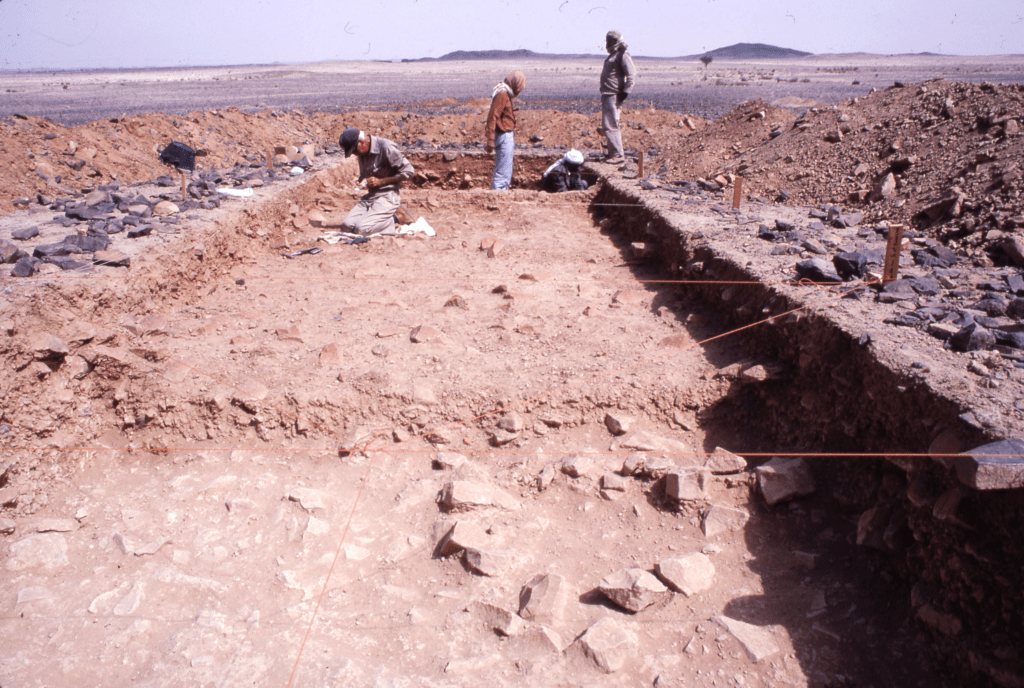
Any way you argue it, how H. erectus went extinct shouldn’t even be the focus of debate—because that wasn’t what the study was about. Unlike what was written in the press release and many subsequent news stories, the study didn’t mention the words “extinct” or “Homo erectus” at all.
The study is actually an exploration of Acheulean technology—prehistoric tools made from mineral and stone by our ancient relatives and their kin—at one of the largest Acheulean excavation sites in the Arabian Peninsula. A detailed catalogue of raw materials and stone tools enabled the researchers to carve out a picture of what life at this particular locale may have looked like for early hominins. They lived by streams, where there was an abundance of water and stone to craft into tools. These water sources may have also played a role in travel, acting as corridors for accessing other parts of the peninsula.
“Homo erectus is the obvious candidate based on the kinds of tools found, but the authors rightly don’t attribute the tools to a specific hominin,” says Ashley Hammond, a paleoanthropologist at the American Museum of Natural History. “It’s a good example of a paper where people should go back to the original and read what the authors say, rather than what got picked up by the media.”
Most experts agree that the study shares some important findings about an artifact-rich site that archaeologists previously didn’t have much data on. So, what’s the big deal? This isn’t the first time a scientific study has been misinterpreted in the media. And it’s easy to understand how these things happen. Academic papers can be difficult for even those well-versed in the requisite terminology to read, and sensationalizing science can be a good tactic (case in point) to get the general public interested in what otherwise may be perceived as boring or overly complicated. But because so many of us are more likely to read a quick, flashy news story over a 10,000-something word scientific study, these incorrect conclusions end up doing the science a serious disservice.
Scientists spend years—sometimes a whole lifetime—not only trying to understand what life was like for early hominins, but also working to dispel unfair stereotypes about those that came before us. Just because a species is extinct certainly doesn’t mean they’re lazy or weak. And from what researchers have spent decades discovering, it would have taken incredible prowess to survive as H. erectus did. They had to fend off deadly predators like leopards and hyenas the size of lions using weapons made of only wood and stone. They also risked their lives hunting for food that would not have been easy to attain, such as speedy antelope and giant baboons.
Yes, H. erectus had a smaller brain than modern Homo sapiens, but that doesn’t make them stupid. Other researchers have recently suggested early hominins may have crafted seafaring vessels to travel to other continents, and despite missing the gene we have that allows us to speak, H. erectus may have also created some form of language to communicate during dangerous sea voyages. But these fascinating discoveries can quickly be undermined by the peddling of pervasive misconceptions.
“It’s really hard to roll these things back once they get going,” Anton says. “I will now have students in my future classes who will say, ‘Homo erectus was lazy,’ and that’s unfortunate.”





